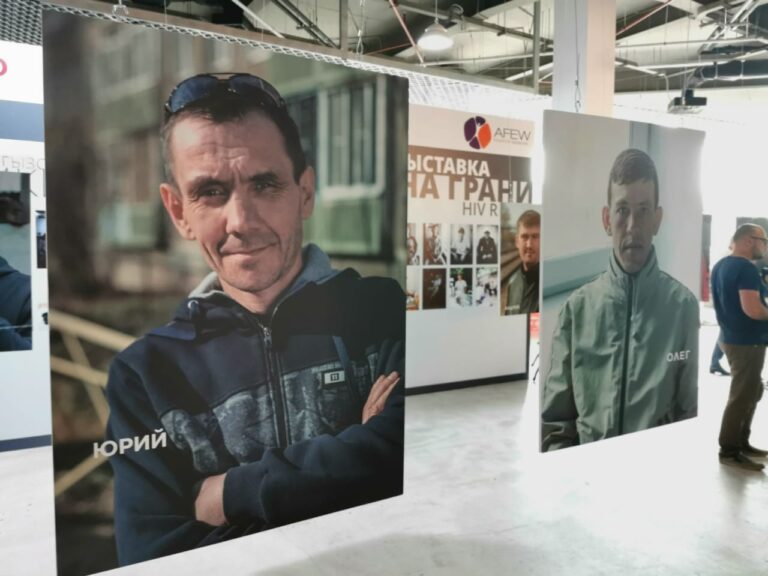
On the Edge
A photo exhibition “On the Edge” was opened on the 9th of August in Almaty, Kazakhstan.

A photo exhibition “On the Edge” was opened on the 9th of August in Almaty, Kazakhstan.
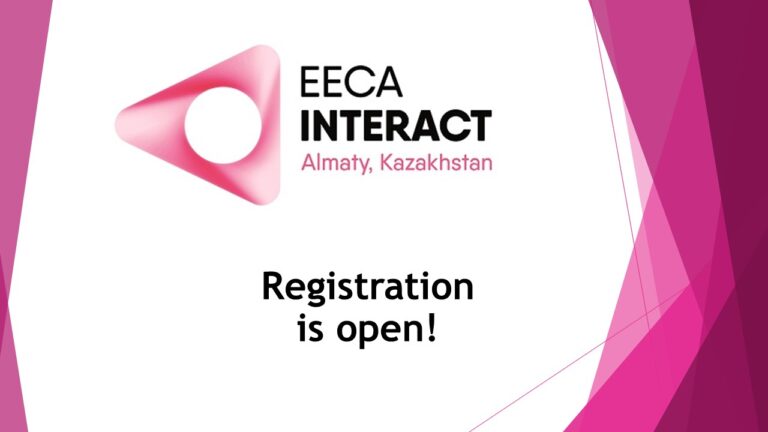
EECA INTERACT Workshop is pleased to announce that abstract submission for the Almaty workshop to be held 18-19 November 2019 is open! Deadline for submission: 20 September 2019.
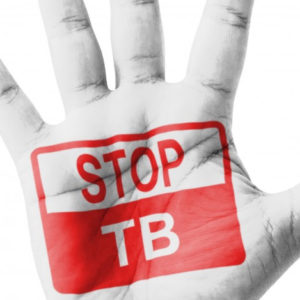
Nearly one year after the first-ever United Nations High-Level Meeting on Tuberculosis, the Stop TB Partnership, the Global Fund to Fight AIDS, Tuberculosis and Malaria, and the World Health Organization, call for immediate action to implement the commitments that were made by Head of States and Governments.
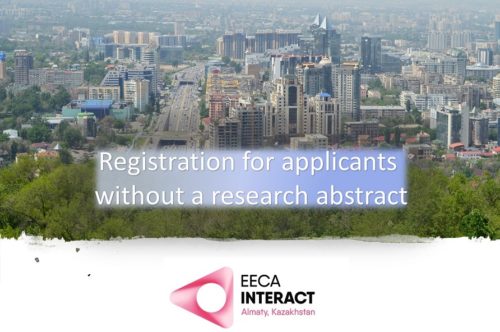
Registration for the EECA INTERACT 2019 workshop continues. Those who do not have a research abstract can also attend the event.
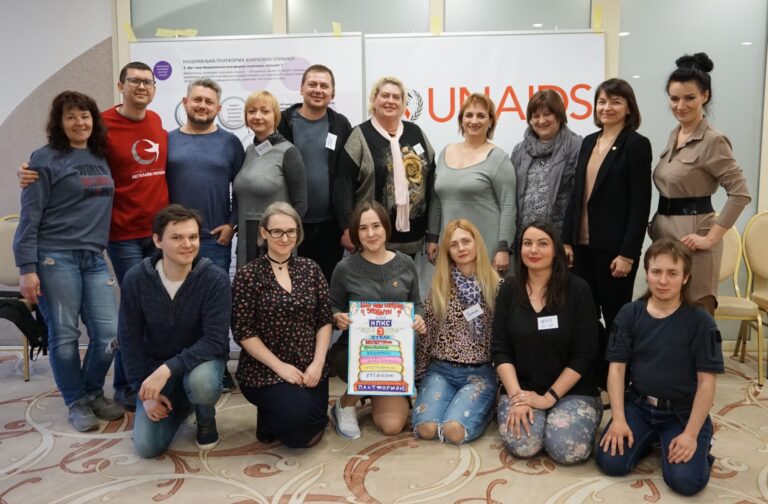
On the 29th of June, the National Platform of Key Populations (CKPP) (https://ckpp.org.ua/), released a video where told about its activities and encouraged community representatives to join it.

Saglyk.org is the only website in Turkmenistan that provides credible public health information in the Turkmen language. Aynabat Yaylymova, the founder and the editor of the website, told us about the objectives of this initiative.
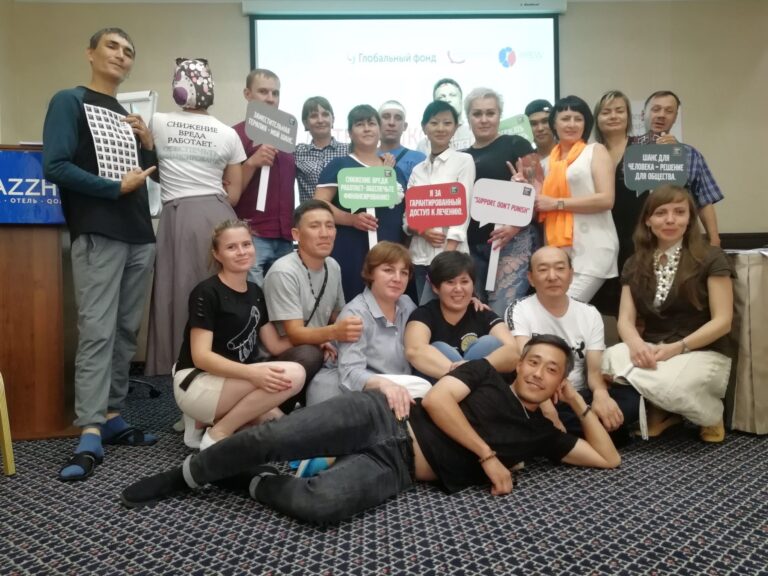
Today, the community of people living with HIV (PLWH) in Kazakhstan is actively developing – the voice of community can now be heard at all levels, up to the Ministry of Health and the Parliament. An important role in achieving this progress belongs to the events for potential activists organized by the Kazakhstan Union of PLWH together with AFEW Kazakhstan. One of them is a series of workshops called “School for People Living with HIV”.
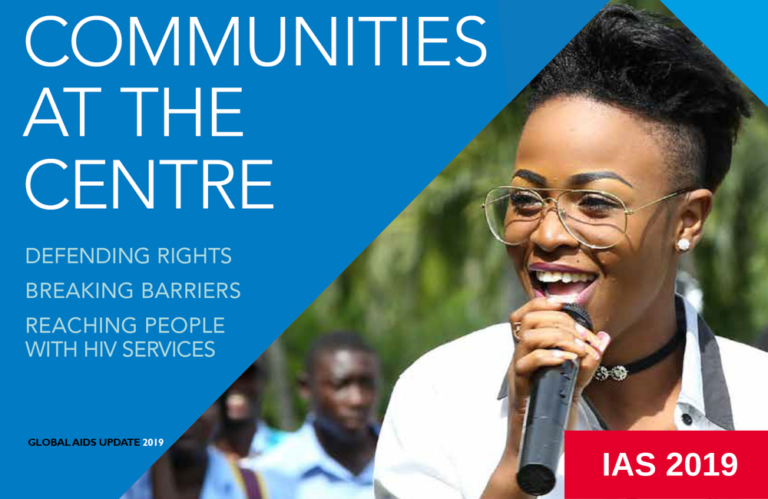
The Joint United Nations Programme on HIV/AIDS (UNAIDS) released its latest report on the status of the HIV epidemic and the global response ahead of the 10th International AIDS Society Conference on HIV Science (IAS 2019), taking place this week in Mexico City.
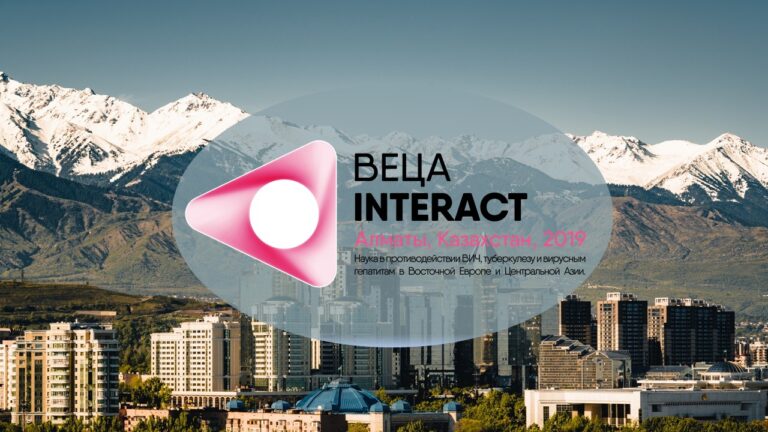
We are pleased to announce that, on the 18-19th November 2019, the first EECA INTERACT Workshop 2019 will take place in Almaty, Kazakhstan.

Odessa became the first city in Ukraine to introduce the ambulatory TB care model and started giving bonuses to health workers for detecting and supporting patients.